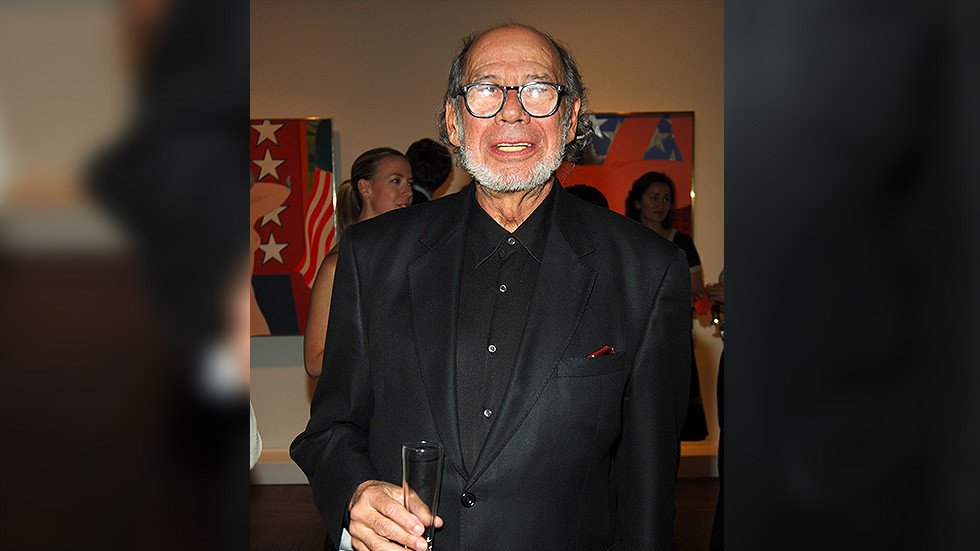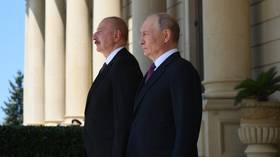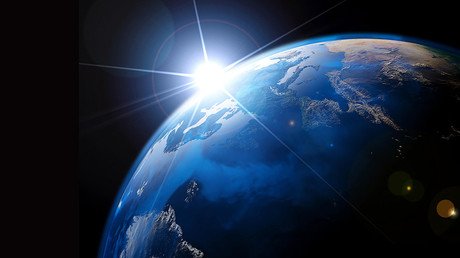Don’t laugh at Koons’ Rabbit selling for $91 million – get angry at economic system that enables it
Nothing illustrates unequal gains from globalized capitalism like the soaring prices in the art world, where those who have already bought all the mansions, private jets and super yachts park their wealth in meaningless baubles.
When you saw that New York artist Jeff Koons’ faceless chrome Rabbit from 1986 fetched $91 million at an auction this week, making him the world’s most expensive living artist, what was your reaction?
Was it: “This is just a piece of kitschy junk by a self-promoting moron who went out of fashion with 1980s shoulder pads. It’s not worth the money. All these people are ridiculous and stupid.”
Well, the buyer, Robert Mnuchin, professional art collector and father of the US Treasury Secretary, is not stupid. And neither was its last owner, late Conde Nast publisher S.I. Newhouse Jr.
At worst Mnuchin is a high-stakes gambler, at best he is a savvy investor turning his spare cash into an asset that is almost guaranteed to appreciate.

The global art market in 1991 was worth less than $10 billion, last year it grew to $67 billion. Yes, the 2008 financial crisis led to a plateau, but the overall trend is unmistakable, and even more so for the so-called “superstar artists” – household names from Leonardo to Banksy – whose valuations have far outpaced the average.
The rabbit is not important in itself, other than in that it is instantly recognizable and thus represents Koons’ “strong brand” well. In its place could have been Claude Monet’s Haystacks, which was also auctioned off this week, for $111 million, in New York. In 1986, the same painting sold for $2.5 million – think about that as a rate of return.
What is important, is that its disproportionate growth is a symptom of an economic system created by globalization and exacerbated by quantitative easing and other post-crisis policies that have cared more about keeping the topline economy numbers afloat without looking too hard at who is skimming the cream.
Within this system, the mobile super-rich can best exploit economic opportunities all over the globe, while minimizing their tax obligations. Those who already have millions are also finding it easier than ever to borrow and multiply their wealth.
Also on rt.com Da Vinci painting breaks all art auction records fetching over $450 millionI am not criticizing art collectors as people or telling them how they should spend their wealth. In fact, it makes perfect sense for them to invest it into unique assets that receive favorable tax treatment, do not naturally depreciate and require little upkeep.
But neither do I think that this is just harmless virtual wealth moving from one deep pocket to another. Tomorrow, the same money might be used to make your neighborhood unaffordable, to build a new supercar instead of a replacement for your banger, to employ a thousand men on wages sliding to third-world levels, while their boss literally does not have to do anything.
Capitalism once boasted that it was the best method of allocating resources. Now it must show again that it can put money into the hands of those who will use it to benefit society, and not the players of this decadent collecting game, a golden Pokemon. After all, surely no one wants destitute masses ransacking palaces full of hoarded treasures.
By Igor Ogorodnev
Igor Ogorodnev is a Russian-British journalist, who has worked at RT since 2007 as a correspondent, editor and writer.














